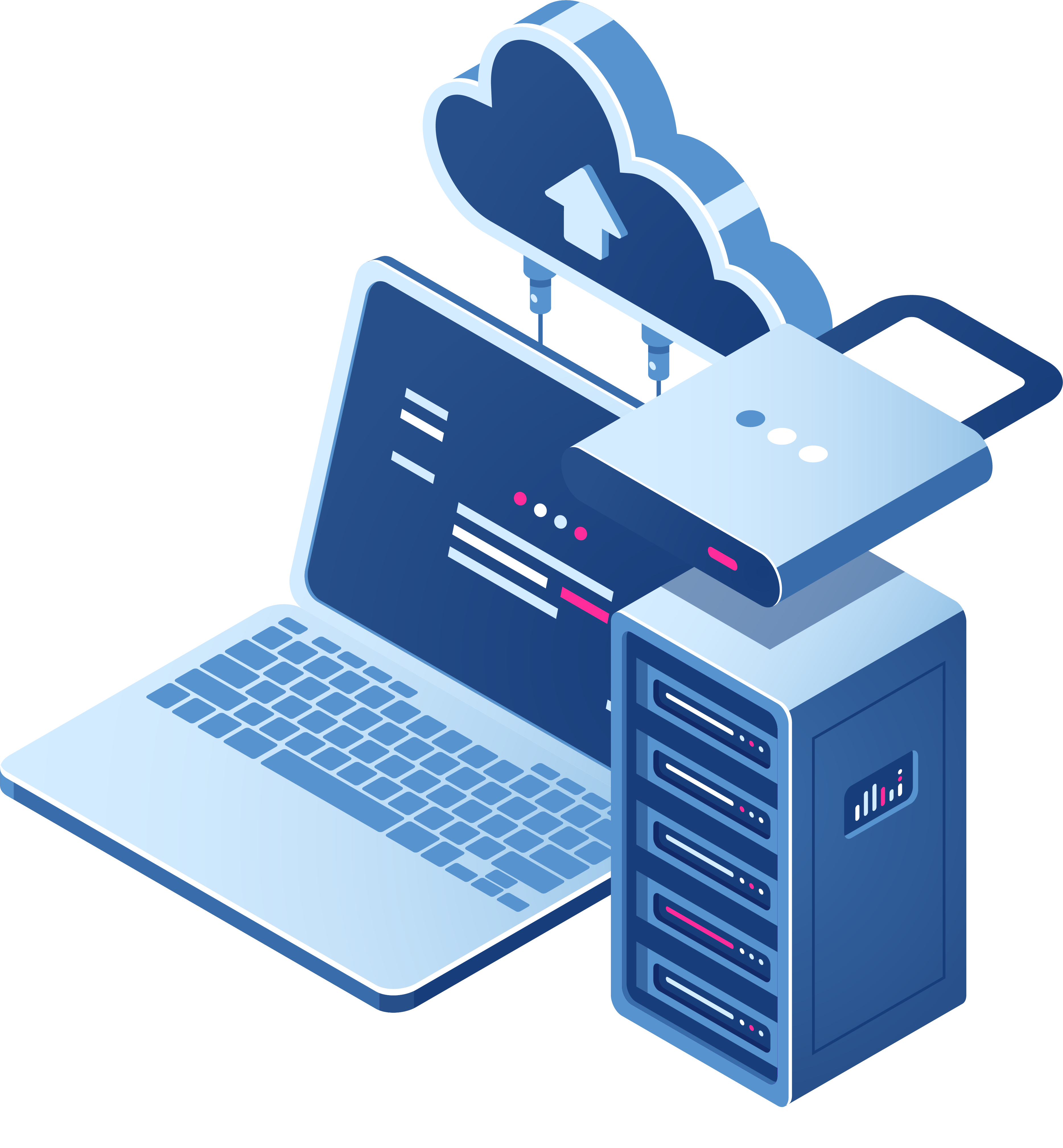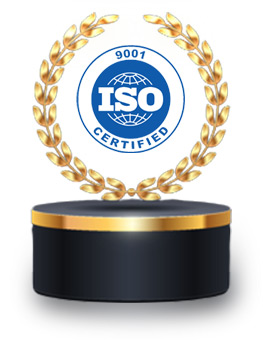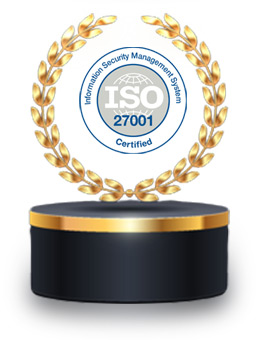Off late, businesses have rapidly adopted innovative technologies to streamline their operations and maximize efficiency. One such technological marvel is the cloud-based Customer Relationship Management (CRM) system. This CRM platform has revolutionized businesses' approach to customer relationship management, making it an essential asset in today's customer-centric environment. In this article, we'll explore the rise of cloud-based CRM systems, their benefits, and considerations when implementing them.
The Evolution of CRM
Historically, CRM systems were primarily on-premise solutions requiring significant investment in hardware, software, and IT staff to maintain the systems. However, with the advent of cloud technology, businesses are increasingly turning to cloud-based CRM systems. The reasons for this shift are numerous, including cost savings, flexibility, scalability, and improved customer service CRM capabilities.
The Benefits of Cloud-based CRM Systems
One of the biggest advantages of a cloud-based CRM platform is its accessibility. Unlike on-premise CRM systems, cloud-based solutions can be accessed from anywhere, at any time, and from any device with internet access. This flexibility enables employees to work remotely and ensures they have access to crucial customer data when they need it, enhancing their ability to provide timely and effective customer service.digital age, businesses are increasingly turning to cloud-based CRM systems to streamline operations and enhance customer relationships.

Real-time analytics
Cloud-based CRM systems also offer real-time analytics, providing businesses with valuable insights into customer behaviour and preferences. These insights enable businesses to make data-driven decisions, ultimately leading to improved customer service and increased sales.Harnessing the Power of Real-Time Analytics in Sales Performance Management CRM In today’s fast-paced business environment, staying ahead of the competition requires instant insights. Real-time analytics in a Sales Performance Management CRM empowers businesses to make informed decisions on the fly, optimize strategies, and drive superior results.

Considerations When Implementing Cloud-based CRM
While the benefits of cloud-based CRM systems are apparent, there are also several considerations to keep in mind when implementing these systems.One of the primary concerns when transitioning to a cloud-based CRM system is data security. While cloud providers often have stringent security measures in place, businesses must ensure their customer data is secure and complies with any applicable data protection laws.
Data security
Another consideration is the integration of the cloud-based CRM with other business systems. Businesses should ensure the CRM system can seamlessly integrate with existing software to avoid any disruption in operations.Ensuring Data Security with Sales Performance Management CRMIn today’s digital era, safeguarding sensitive information is paramount. A Sales Performance Management CRM not only streamlines your sales operations but also prioritizes the protection of your business and customer data.
Vendor reliability
Finally, the reliability of the cloud vendor is crucial. Businesses should carefully vet potential vendors, taking into consideration their reputation, security measures, customer support, and any additional services they may provide.Sales Performance Management CRM, the reliability of the vendor is as crucial as the features of the software itself.

Conclusion
The rise of cloud-based CRM systems represents a significant shift in the way businesses manage their customer relationships. Given the array of benefits, including cost savings, increased accessibility, scalability, and improved customer service, the need for customer relationship management software is more pertinent than ever.While there are considerations to keep in mind, such as data security and vendor reliability, with careful planning and execution, businesses can effectively leverage cloud-based CRM systems to drive growth and success.












